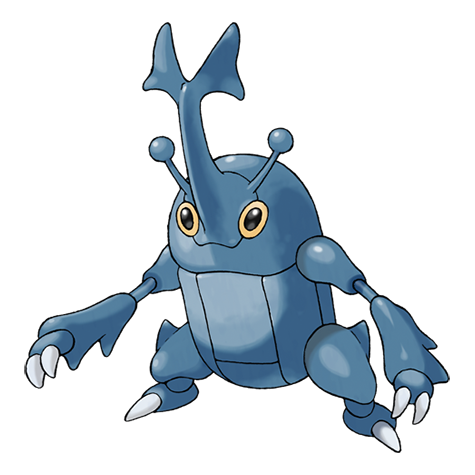Something has been off with my best friend for a while, and I finally found out why.
She’s on a fixed income off a disability pension in  , and over the past few months where I saw her eyes slowly lose some of their light, today I found out that her landleech had been SAing her.
, and over the past few months where I saw her eyes slowly lose some of their light, today I found out that her landleech had been SAing her.
Obviously, she would benefit from getting the hell outta Dodge a year ago, but my first priority right now is addressing the suicidal ideation that she has expressed. Shelters are sketchy and she has quite a few possessions which would be difficult to easily secure at the current place, in addition to a dog which I think is a complete no-go at most women’s shelters.
So I guess what I needed aside from venting was a suggestion for resources which I could forward to someone in such a situation in the 905 region of Ontario.

Just wanted to finish this off with some basic advice that wouldn’t fit within the character limit of the last comment:
It’s really hard for victims of abuse to reach out, and it’s even harder for victims of abuse to leave their situation. Try to be patient, non-judgmental, and understanding. If you feel yourself becoming frustrated or impatient, step back and detach from it so you can refresh and then reengage when you have the capacity to do so from a place of compassion and patience. You don’t want to feed into her feelings of shame, guilt, and helplessness because you are slipping into impatience or a judgemental attitude as this will risk compounding the problem.
It’s important to try and approach every interaction from a place of building the empowerment of the victim. You cannot always do this but there’s a trap that can emerge where a person who has experienced significant victimisation relies on others to rescue them or to tell them what to do. While it’s important that she gets out of this situation, it’s also really important that she doesn’t adopt a mentality where she relies on others to tell her what she has to do and what is right and wrong - this may be fine if she is surrounded by people who only have the most principled adherence to ethics and her best interests in mind for the rest of her life but this is the real world we’re talking about and she’s going to encounter predators again in the future, so you want to encourage her to trust in herself and to rely on her judgement and her own autonomy so that if she ever finds herself being drawn into a situation like this in the future, she won’t just do what someone else tells her and she won’t count on others to tell her what is okay. Replacing malicious control over an adult victim with benevolent control just sets them up for the next person who wants to have malicious control over them. It sounds like tough love, and I guess in some ways it is, but try to adopt the grandma approach - believe in her, encourage her, celebrate every achievement no matter how small, recognise the effort she puts in even if things don’t turn out, when she encounters failure encourage her to keep at it, and especially allow her the dignity of risk.
Utilise counselling and support services yourself. Depending on how close you are to her and what services are available, a lot of DV oriented services offer support for friends and family members. Use them if they are available. They will help guide you to ensure that you are providing support in the right ways, that you aren’t causing unintentional harm, and if you are getting burnt out or you are getting drawn into a codependent sort of arrangement they’ll be able to help you spot it and to take steps to step out of this pattern. It might not feel like you are worthy or high enough priority for you to seek support from a DV counsellor but believe me when I say that virtually any DV counsellor is going to be overjoyed that they are working with a client who wants to learn how to support someone close to them in extricating themselves from an abusive situation; DV counsellors know that they cannot save victims, they know that around every victim is a community of people who turn a blind eye/feel too uncomfortable or too uninformed to work on addressing the situation/think that they have all the answers for how to address this very complicated situation, they know that any effort they put into working with you is going to make the community a safer place - if everyone knew the signs of abuse and what to do when someone is being abused then the rates of abuse would plummet.
(I know this isn’t a DV situation in the strict sense of familial/intimate partner violence but it fits within a broader umbrella of a figure of authority using coercive power over their victim to abuse them and so the general approach along with the risks and the ways to support your friend remain essentially the same, even though the label of DV isn’t a perfect fit.)